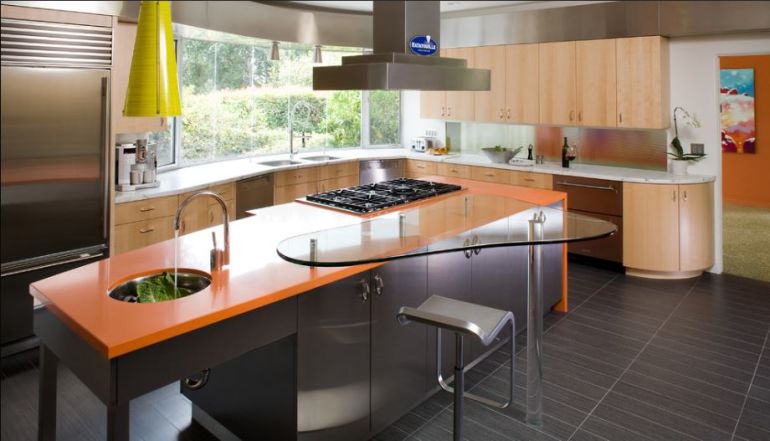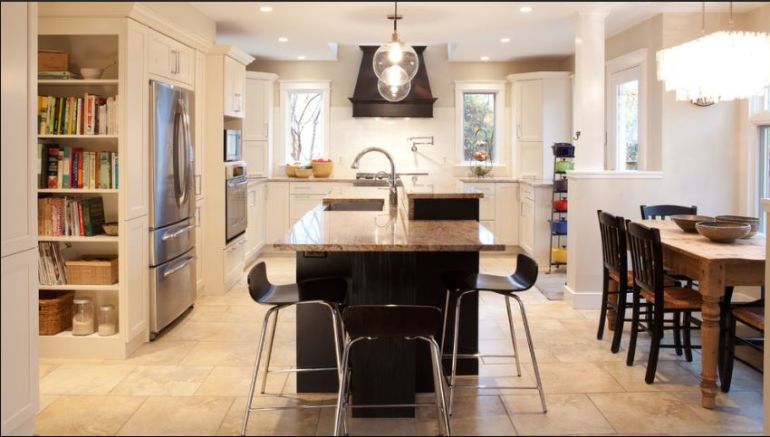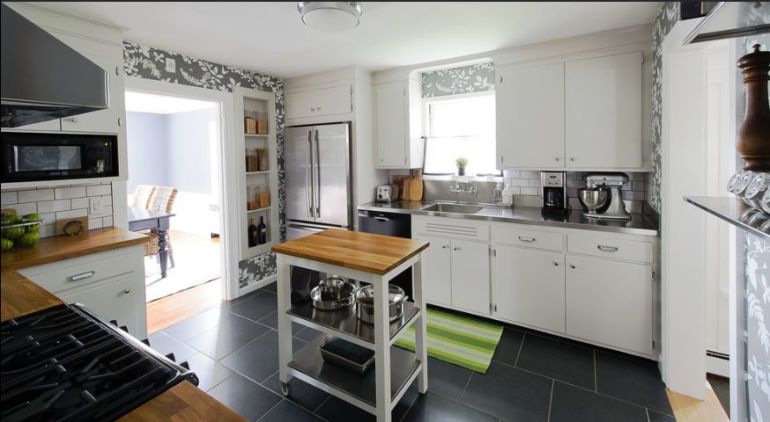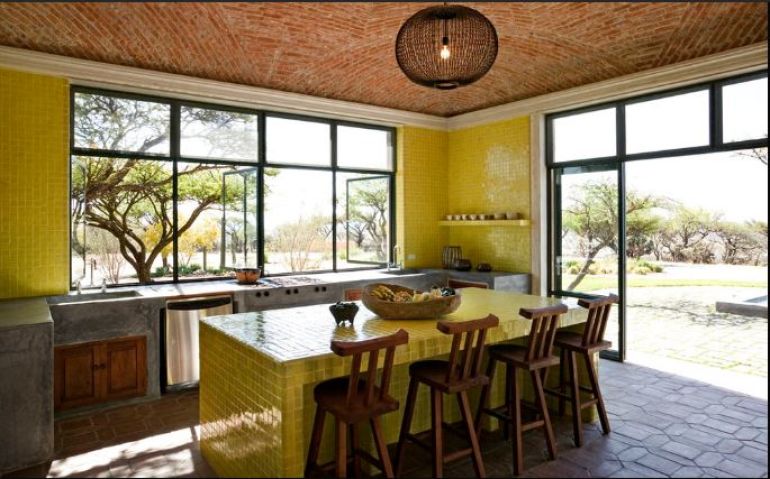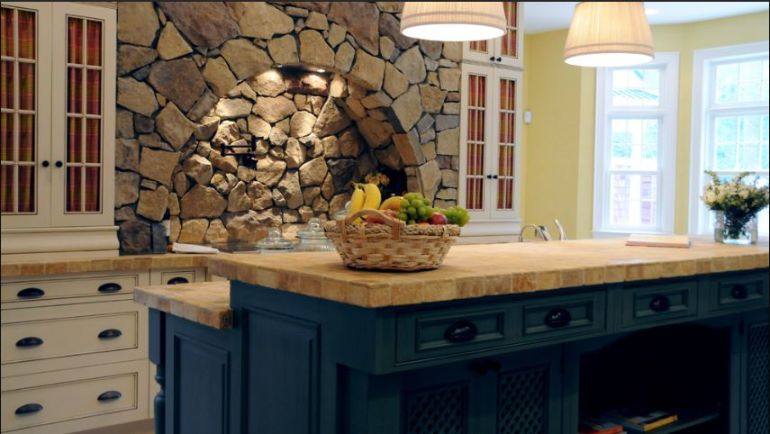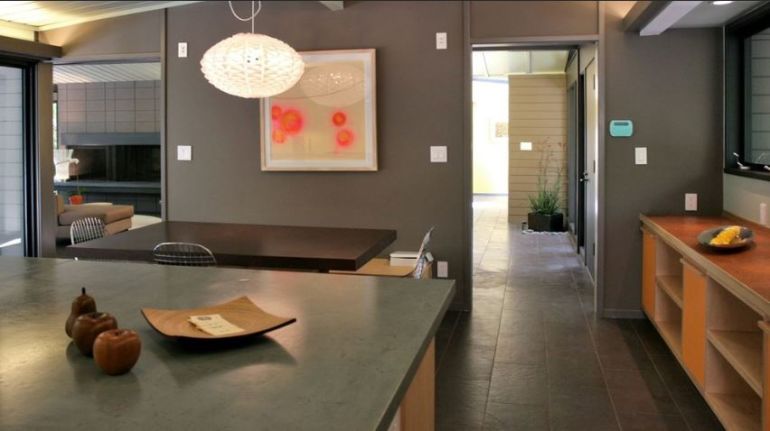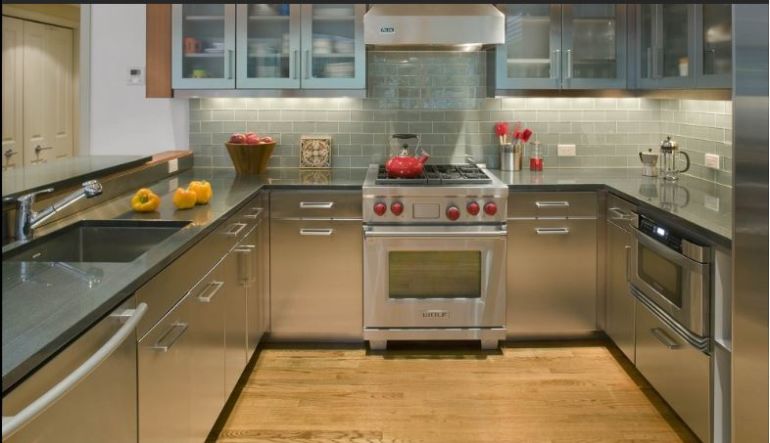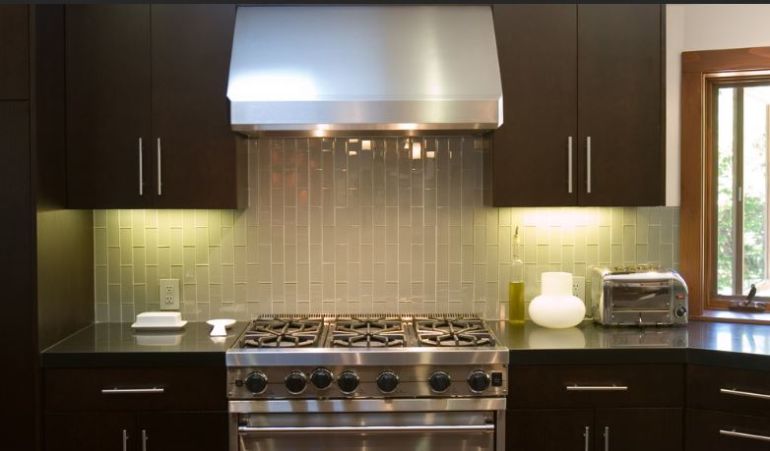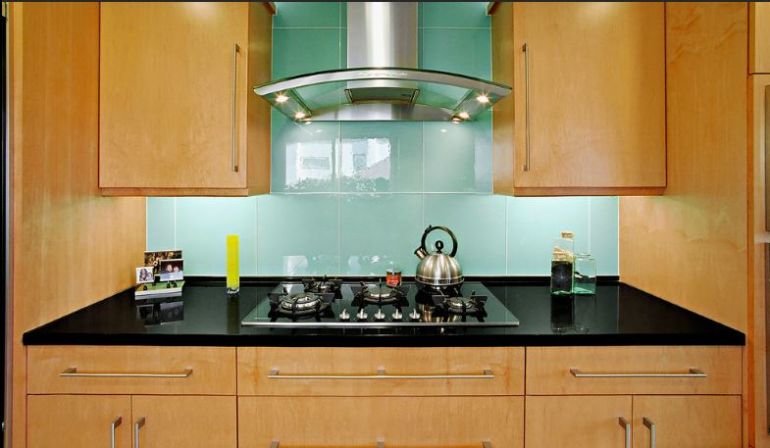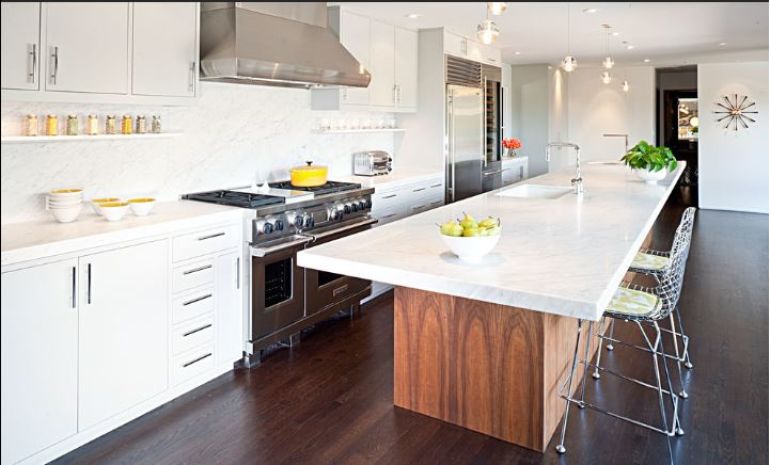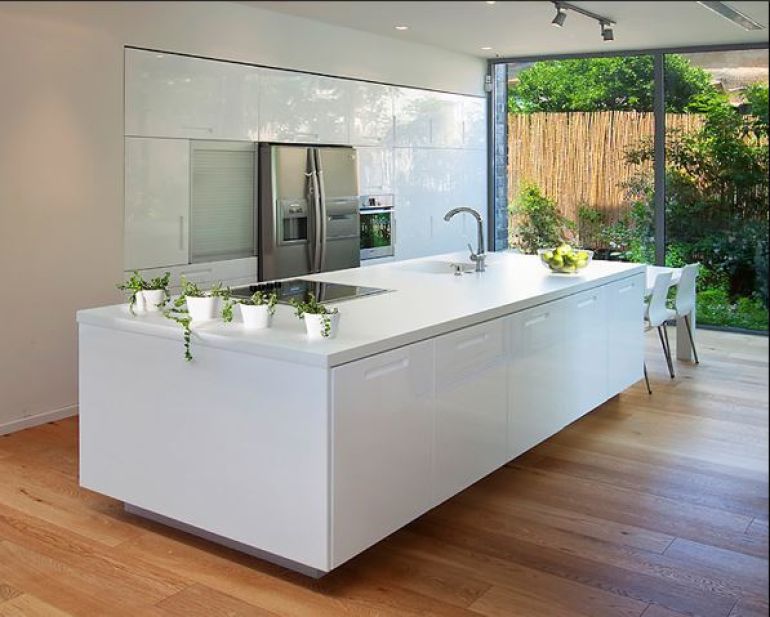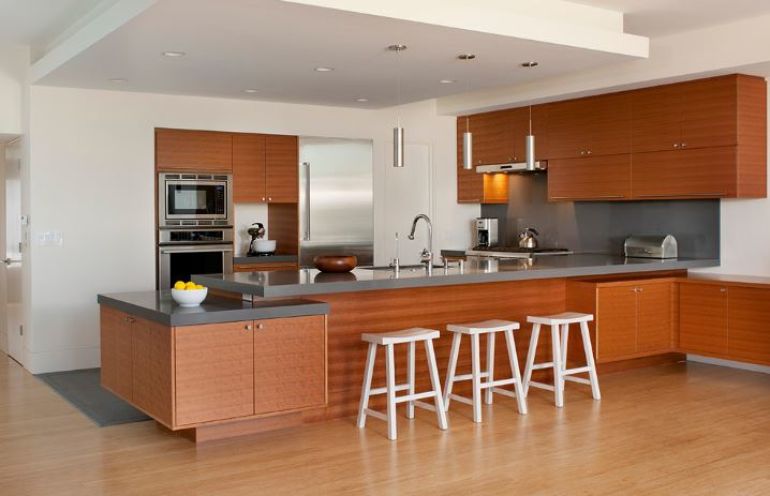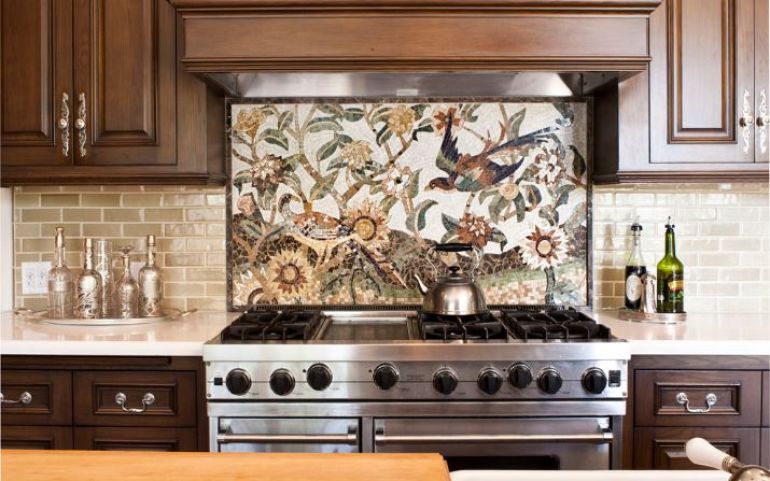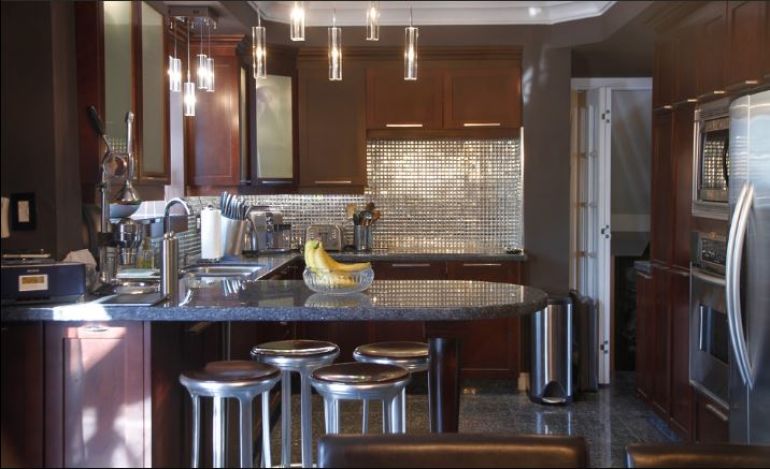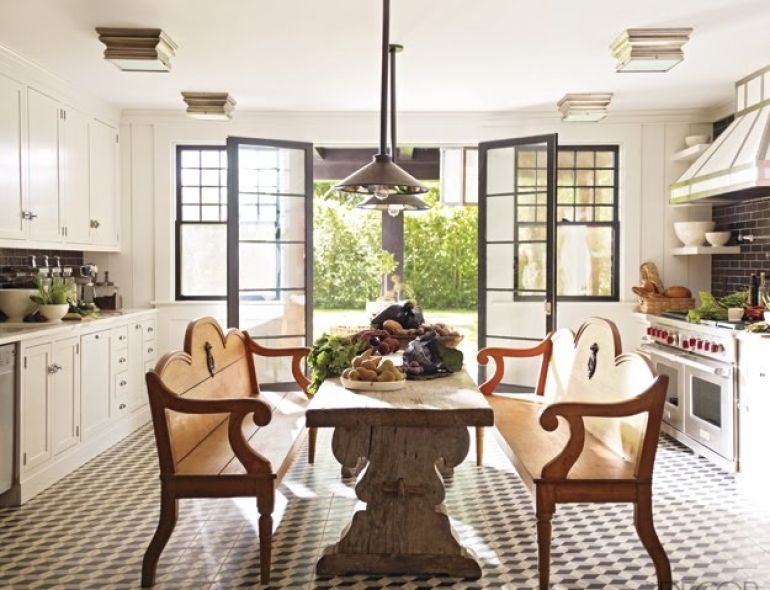How To Choose The Right Tiles For Your Kitchen
Selecting the tiles for your kitchen can seem a daunting task. This simple guide provides an introduction to different tiling materials and their benefits within the home.
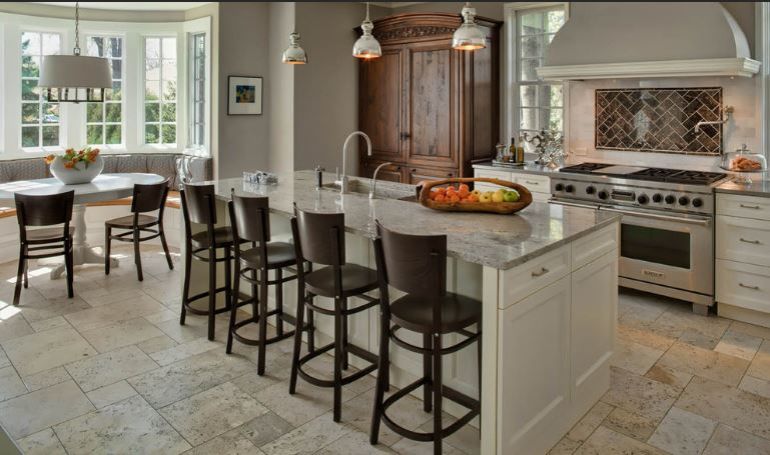
Home renovation has become increasingly popular as most people are choosing to stay in their homes for longer periods of time. For those who buy a “fixer-upper” or a heritage home, there are often numerous areas ripe for remodelling. Many realtors will tell you that the two most important things when selling your house are the bathroom and the kitchen. Even if you are choosing to fix up your home while living in it and intend to sell it at a later time, kitchen renovation is the best place to start when increasing the potential selling value of your home. Tiling is one of the most dramatic ways a kitchen can be altered, both in terms of functionality and general atmosphere.
The great debate of the tiling world is between porcelain and stone - there are benefits and drawbacks to both - but there are also a few more unusual choices which you may find better suited to your home.
Porcelain
Porcelain tiles are popular both as splashbacks above countertops and flooring. It is possible to get porcelain tiles in a range of colours and textures or to mimic hardwood flooring as a cheaper alternative. There are some instances in which you might choose to replace your whole countertop with these tiles for a more vintage appeal. If you plan to sell your home in the near future, you might want to choose a more neutral color or pattern to make the kitchen more appealing to prospective homeowners. It is important to note whether the tiles in question are non vitreous - known to absorb water, these should not be placed directly in the vicinity of sinks or dishwashers. Semi vitreous tiles would be a better choice for a splashback. If porcelain tiles are not sealed, water will soak behind the splashback and rot the wall which supports them. With proper installation, however, they are a very durable and versatile choice.
Stone
Natural stone tiles can create a statement look for your kitchen or provide the finishing touch on a sleek, modern design. Tiles are available in slate, sandstone, marble, granite, travertine and limestone - slate tends to be the most popular choice, especially in a flat, thin form and neutral colour such as beige or black. Some types of stone tiles can chip easily and will need protection from a sealant if they are placed in an area of high traffic. Stone tiles, whether as splashbacks or flooring, are durable, natural-looking and classically appealing. They may, however, require more maintenance than other flooring options because of their weak resistance to acids and oils, requiring regular resealing. Additionally, their installation tends to be pricier than for ceramic porcelain. Remember to view a few different pieces of the tile before commencing installation since there can be a significant variation in grain.
Glass
Used almost exclusively for splashbacks, glass tiles provide a shiny, clean look. They tend to be smaller and more delicate than alternative materials and are used predominantly for their aesthetic appeal and the huge variety of colours and patterns. Glass tiles in statement colours add dramatically to the overall character of a kitchen. Although they can be expensive, glass tiles are easier to clean than porcelain and there is no chance of hidden mould within tile crevices, because glass tiles are fixed and sealed predominantly with silicone. Ask for toughened glass to avoid breakages.
Floating Floorboards
Although not technically a tiling material, laminate floorboards are becoming increasingly popular as a choice for kitchen flooring. As an alternative to tiles, they are easier to install, do not fade in UV light and are generally resistant to mould growth. Usually used as a more budget-friendly imitation of hardwood flooring, they can also have the appearance of ceramic tiles and natural stone, although lacking the texture. Unfortunately, laminate flooring cannot be refinished and must be replaced when damaged or worn-down. It is also less durable than regular tiling and, while some regard its trademark sheer as chic and modern, can appear fake and unnatural. Mosaic Tiles
Available in various materials, including porcelain, glass and terracotta, mosaic tiles are used for creating unique patterns on splashbacks. Their small size - usually below 5 cm across - allow them a versatility unusual in other materials, though they are grouted in a similar manner. If you’re interested in having a strong influence on your kitchen renovation, mosaic tiles give you the freedom to construct intricate designs from a range of transparencies and printed patterns. They can also be interspersed in ceramic flooring to give a more earthy, Andalusian feel to the kitchen. Since their size warrants a larger number of pieces, mosaic tiles can be a more pricey option if you are keen on glass or marble. They are also more prone to breakages during installation.
Which choice is best for your kitchen?
Overall, it is important that you choose the right style for your kitchen - choosing the wrong style can cause aesthetic clashes in your kitchen which ruin the atmosphere. Whether you choose to use the more traditional porcelain tiles, the more natural stone, or a more modern alternative, changing the tiles in your kitchen will definitely add a new feel to your home.
Decided on your tiles? Click here to find tilers on Service Central.


